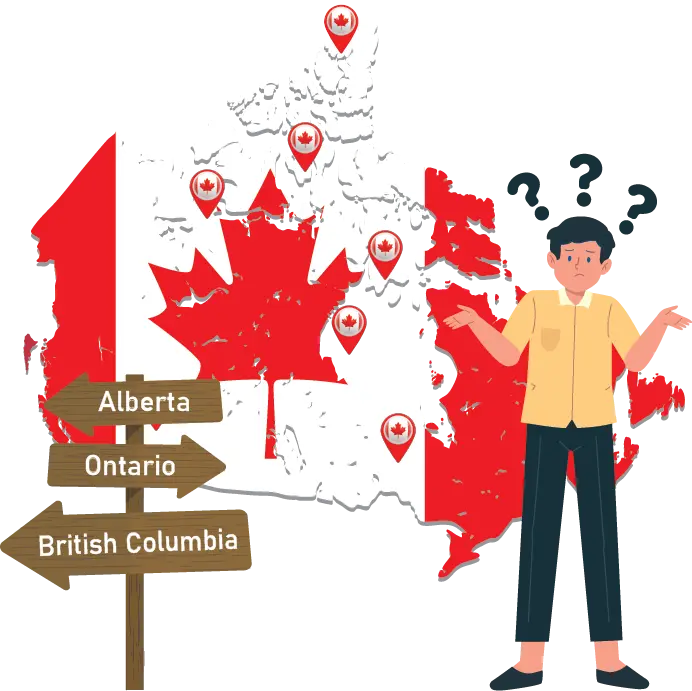Canadian Provincial Nominee Programs (PNPs) offer a multitude of pathways tailored to the specific economic and labor needs of each province and territory. Each PNP is uniquely structured to allow provinces and territories to nominate candidates who meet their specific labor market needs as well as integrate seamlessly into their local communities. One of the standout features of PNPs is the inclusion of employer-driven streams. Through these streams, candidates can obtain nominations based on full-time, permanent job offers, directly linking their immigration to labor market needs.

To qualify, candidates must meet a set of criteria which may vary by province or territory. Typically, these criteria include occupation, educational level, work experience, language proficiency, and age, ensuring that candidates are adequately assessed comprehensively. The PNP segment is growing rapidly, reflecting the growing recognition of their value in attracting skilled labor and promoting regional development. With the federal government’s commitment to increasing these programs’ annual quotas, they play a crucial role in Canada’s immigration landscape. PNPs represent a dynamic and adaptive aspect of Canada’s immigration policy, reflecting the country’s commitment to economic diversity, robustness, and regional responsiveness. Besides immigration, they allow candidates to make a significant contribution to the provinces and territories they reside in.
Nunavut (northern territory) does not currently have a PNP and Quebec does not participate in the federal government’s PNP.
PNP allow Canadian provinces/territories to nominate individuals for immigration to their province/territory based on criteria set by the provincial/territorial government. Successful applicants obtain a provincial nomination, which allows them to apply for permanent residence.
The Express Entry stream is aligned with federal express entry system. Under this stream a Canadian province can select the candidates from express entry pool and notify them to apply in their Provincial Nominee Program.
Saskatchewan, Manitoba, and Northwest Territories require the lowest language (IELTS/CELPIP) score (CLB 4) out of all the Canadian provinces.
No! Immigration, Refugees and Citizenship (IRCC) must be satisfied that a provincial nominee meets statutory requirements (e.g., health, security, and authenticity of documents) before issuing a Canada Immigration Visa.
Yes! Some provinces issue nominations to applicants who do not qualify for express entry.
The requirements are different for each PNP in Canada. Provinces and territories are often looking for candidates with work experience that meets the needs of their specific labour market. Factors like language, education, experience, and close relatives are key selection factors. Candidates need to demonstrate that they will be able to contribute to the local economy and have a genuine intention to settle in that province/territory.
PNP’s aligned with federal government’s express entry program award 600 CRS additional points which automatically triggers an ITA. PNP may also issue work permit support letter (WPSL) which can be used to apply/extend the work permit application.
It depends on which province/territory you intend on applying for. Therefore, you must submit your application to the appropriate provincial or territorial government office.
Processing times vary from one province to the next, but it typically takes a few months for your application to be processed. Applying for Canadian permanent residence through a PNP is a two-step process. First, you must apply to the province. Once the PNP has been approved, you must then submit your application to the federal government. Only the federal government can grant you Canadian PR.
Start your adventure: Explore immigration policies, services, and resources…